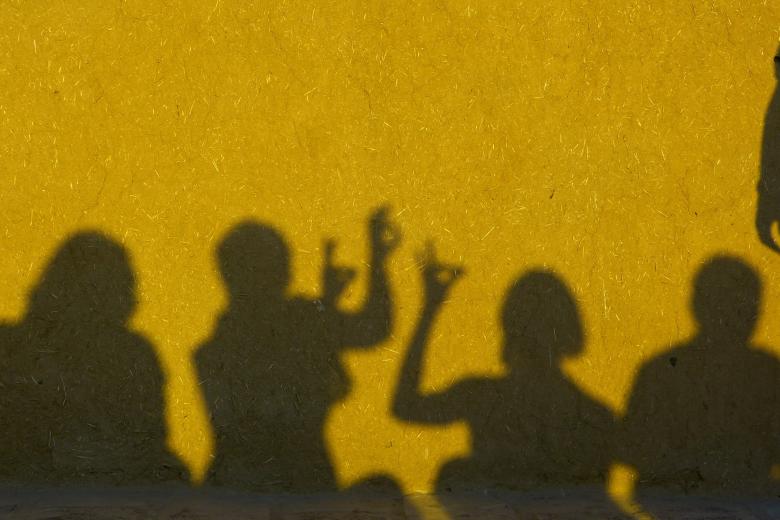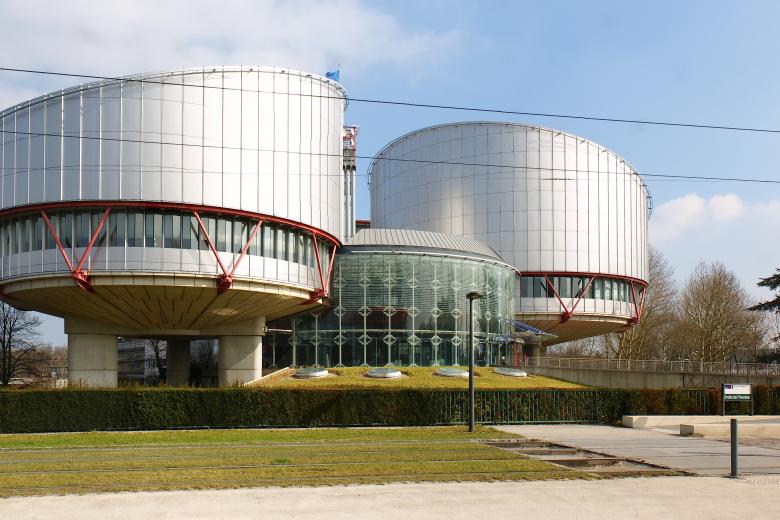Ground breaking recommendation for children of imprisoned parents
On the 4th of April 2018 - in Strasbourg the Committee of Ministers of the Council of Europe adopted a groundbreaking recommendation concerning children of imprisoned parents.

On the 4th of April 2018 - in Strasbourg the Committee of Ministers of the Council of Europe adopted a groundbreaking recommendation concerning children of imprisoned parents.

An international working group has engaged in a project to create an international arbitration mechanism for business and stakeholders to resolve issues in the field of business and human rights. This may enable business to live up to its corporate responsibility to respect human rights thereby...

The well-known British James Bulger case is ‘celebrating’ its 25th anniversary. This revives the debate on how we should deal with children suspected and convicted of serious crimes.

Trevor Burrus claims that health care cannot be a fundamental right. He is not alone in saying this, but the way he says it is noteworthy. His article is not original (nor does it claim to be), but it represents an admirably clear retelling of an old story: Positive rights cannot be rights, this is...

After more than seventy years of the trials in Neurenberg and Tokio, and more than twenty years since the set up of the ad hoc-tribunals for former Yugoslavia and Rwanda, we wonder wether something is wrong with the International Criminal Court? (Dutch only)

In November 2016 the Public Prosecution Department (OM) announced to prepare civil proceedings against the Bandidos Motorcycle Club (MC). The government has to protect the citizens. The freedom of association stops once the encouragement and the use of criminal acts starts. (Dutch only)

The Strasbourg Court should change its approach to improve the effectiveness of justice systems in Europe.

This second post critically analyzes the decision of the Court, arguing that it is quite unconvincing from different perspectives.

On March 7, 2017, the CJEU concluded that EU law does not oblige Member States to issue humanitarian visa to Syrian individuals and families seeking international protection. Despite the humanitarian disaster in Syria, safe legal routes to Europe remain a mirage.

Following the conclusion (ratification) of the United Nations Convention on the Rights of Persons with Disabilities (CRPD), the EU is bound by the Convention to the extent of its competences, including in the field of non-discrimination.
